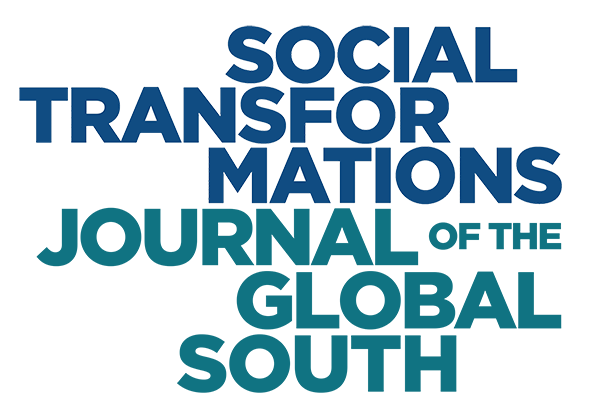Is Closure Still Possible for the Marcos Human Rights Victims?
Meynardo Mendoza
DOI: https://dx.doi.org/Abstract
http://dx.doi.org/10.13185/ST2013.01106
More than twenty-five years after the downfall of the Marcos regime, the dark legacies of the martial law era remain unresolved. One of these is the plight of thousands of human rights victims who suffered illegal detention, torture, and even summary executions. Known collectively as the Marcos human rights victims, they still await justice and closure from the Philippine government. Although they won a landmark case against the Marcos Estate in a Hawaii court in 1992 that convicted the former dictator for gross human rights violations and levied on the heirs almost US$2 billion in damages, its enforcement and resolution is far from over. This paper is an account of the efforts of the Marcos human rights victims to seek justice and reparations, using the concept of modern-day reparations as its conceptual framework. It argues that the end goal of reparations is to bring about closure, and closure can be attained with any, a combination, or all of the following: truth, justice, and redress.
